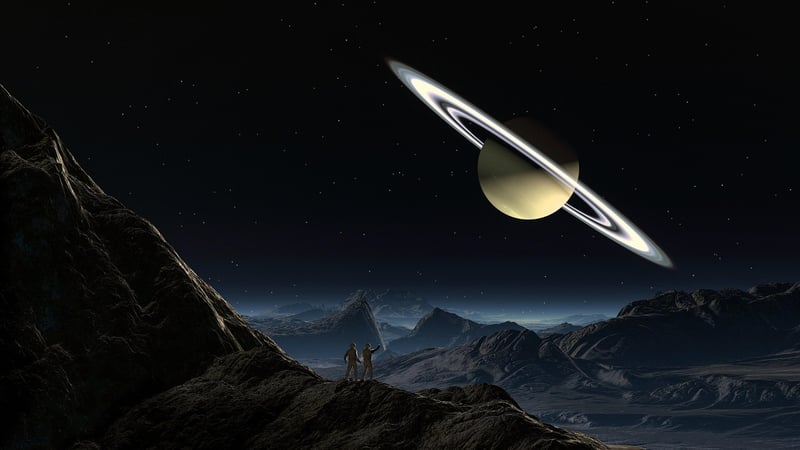Discovering Alien Life
The Future of Planetary Exploration: Discovering Alien Life
As humanity continues to push the boundaries of space exploration, the prospect of discovering alien life forms beyond Earth has captivated scientists and enthusiasts alike. In recent years, advancements in technology and space missions have brought us closer than ever to uncovering the mysteries of the universe.
Exploring Exoplanets
One of the key areas of focus in the search for alien life is the exploration of exoplanets. These are planets that orbit stars outside our solar system and offer a glimpse into the diversity of planetary systems in the galaxy. Scientists use telescopes like the Hubble Space Telescope and the James Webb Space Telescope to study the atmospheres of exoplanets and look for signs of habitability.
Kepler-186f: A Promising Candidate
Kepler-186f is one of the most intriguing exoplanets discovered so far. Located in the habitable zone of its star, Kepler-186f has the right conditions for liquid water to exist on its surface, a key ingredient for life as we know it. While we have yet to detect any definitive signs of life on this distant world, its discovery sparks hope for finding extraterrestrial organisms in the future.

The Search for Microbial Life
On our own solar system, missions to Mars, Europa, and Enceladus are focused on searching for microbial life forms. These icy moons and the red planet harbor environments that could potentially support simple life forms such as bacteria. Robotic explorers like the Mars rovers and upcoming missions to Europa by NASA and ESA aim to uncover evidence of past or present life beyond Earth.
Enceladus: The Ocean Moon
Enceladus, a moon of Saturn, has garnered significant attention due to its subsurface ocean. This global ocean is believed to contain the essential ingredients for life, including water, energy, and organic molecules. Geysers on Enceladus erupt from its icy surface, offering a window into the subsurface ocean and the possibility of finding microbial life in its depths.

Technological Advances and the Future
With breakthroughs in artificial intelligence, robotics, and space propulsion, the future of planetary exploration looks promising. Concepts like laser-powered spacecraft and interstellar missions could enable us to reach distant exoplanets and search for alien life in the decades to come.
While the discovery of alien life remains a tantalizing prospect, it also raises profound questions about our place in the cosmos and the potential for life to exist beyond Earth. As we continue to explore the vast reaches of space, the quest to find extraterrestrial life will undoubtedly shape the future of science and humanity.
